 Due to the ever-growing scarcity of credible resources the media can confide in, it is now, more than ever, vital for public relations professionals to ensure all information acquired is trustworthy, thorough, and provides quality resources.
Due to the ever-growing scarcity of credible resources the media can confide in, it is now, more than ever, vital for public relations professionals to ensure all information acquired is trustworthy, thorough, and provides quality resources.
For the most part, any PR relationship with a journalist begins with a pitch. PR practitioners spend hours crafting the perfect pitch and verbiage that will (hopefully) result in positive media coverage.
Since I began my public relations career, I have developed hundreds of pitches, drafted thousands of emails and made countless phone calls to reporters in hopes of getting at LEAST a “yes or no.” As my curiosity transitioned to a journalistic perspective and mindset with every pitch I sent, I began to wonder: Do journalists get aggravated by us PR people? Is there a perfect time to pitch a reporter? What can we, as professionals, do better to hit the reporter’s sweet spot?
I decided to dig deeper.
So grab your cup of heavily creamed coffee and roll out the red carpet for some good reading as I introduce Chad Livengood, a senior reporter covering Detroit on the rise for Crain’s Detroit Business. With 11 years of journalism experience—including working as a state capitol reporter and a political reporter for the Detroit News—he seemed like the perfect expert to share his valuable advice on how public relations practitioners and journalists can best, and most efficiently, work together. Chad was able to validate many of my assumptions, as well as give valuable and constructive recommendations. My fellow PR pros, take note of some great takeaways:
1. BE TIMELY AND RELEVANT: Reporters have hectic and jam-packed schedules throughout the weeks and weekends. Thus, there isn’t a lot of wiggle room for a last-minute story. Reporters additionally receive multiple pitches each day from not only PR agencies, but other businesses and organizations that also have a story to tell. So, what is the best time of day to send a pitch? Chad recommends early in the week, between 9-10 a.m. or during lunchtime, and anything after 4 p.m. will most likely be overlooked. Something to keep in mind is most reporters’ story deadlines are Thursday and Friday. Once you send a pitch, make it a priority to make yourself available via email and phone- if the story is attracts the reporter, they may want to get further information right then.
2. DON’T FORGET PR 101: Do your research! What does the reporter cover? What has the reporter been covering in the last month? What is their style of writing? Narrow it down to the top 1-2 reporters at your targeted outlet before you begin outreach. Don’t skim through Cision and add every reporter at the outlet. Take the time to know the market. In addition, be generous when pitching: offer CEOs, experts and leaders that can speak to the topic and give further insight.
Chad’s biggest pet peeve? When he receives an email invite 3 hours in advance to an event taking place half way around the world! Know the reporter’s beat and make that email worth their time.
3. BUILD TRUST: The most important takeaway is to create a foundation of trust and collaboration. Whether it’s a coffee meeting, lunch or even a simple phone call; take the time to know your reporter. Build a relationship so when the reporter sees your name pop up in their inbox, they know a relevant story is there. Work to not only be seen as a valued resource but create a friendship. Oh, and Chad gave the green light to send the friend request on LinkedIn and Twitter. J
Most importantly, remember the relationship between a journalist and a PR practitioner is mutual. At the end of the day, if you’re doing your job right, a reporter will see you not only as a trustworthy source but a reliable industry professional. Maintaining a strong and collaborative relationship with the media will help establish a TEAM, allowing both parties to accomplish their common goal: to share impactful stories with the public.
So… coffee, Chad?
Read a few of Chad’s most recent stories:
- $1 billion spent on Little Caesars Arena, District Detroit
- 3 Reasons why Detroit won’t get Amazon HQ2
- Duggan builds support for auto insurance reform push
Courtney Schrauben is an associate at Lambert

